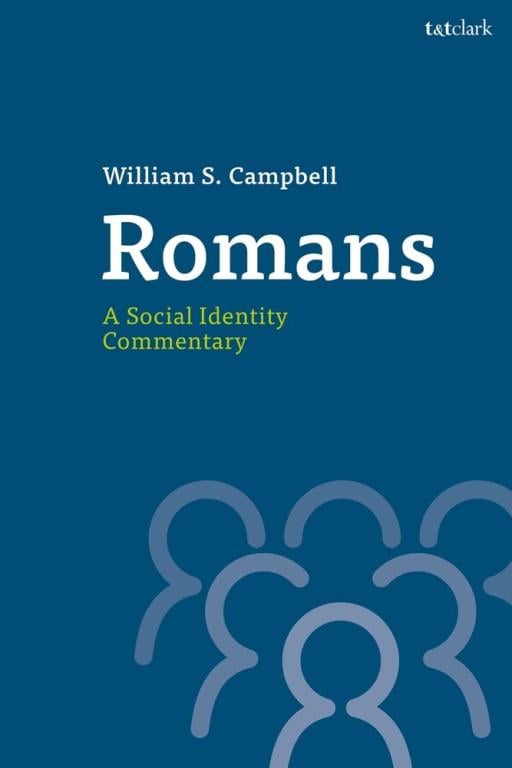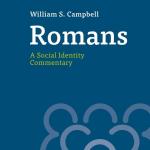Q. Let’s talk about the notion that Jewish Christians in Rome were part of and meeting with the synagogue community. Where exactly is the historical evidence for this notion, as opposed to their meeting in homes and in workshops, as you mention at one point? I can’t find it. I see the evidence that people like Prisca and Aquila or Paul went and bore witness in synagogues, but the idea of their meeting regularly with Jews in the synagogue I can’t find, especially after they had come to embrace Christ, which is precisely what got them sent into exile— arguing about Christ with non-Christian Jews (see Acts 18 and even Tacitus’ remark). I don’t think this part of Nanos’ view works. Where did the men from James find Peter in Antioch? Meeting and eating in a Gentile home there, to which they objected and Peter withdrew. And I would also ask, where is the evidence that the audience Paul is addressing in Romans has a large quotient of God-fearers in it? It seems clear to me, especially with the vast amount of OT references and discussion that Paul is assuming there are some actual Jewish Christians who could help them understand that dense argument, otherwise, if it’s instructions for Gentiles who don’t know or barely know any OT, it goes right over their heads. In other words, they are listening to this, even though the argument is directed at negative attitudes towards Jews by Gentiles. And while we are on this point, I don’t see why Paul needs to say ‘I am speaking to you Gentiles’ if in fact there is no one else being addressed in the audience. Can you explain why you think otherwise?
A. There is no evidence that Paul and other Jews who followed Christ, stopped going to the family place of worship if and when they began to follow Christ. We have evidence of spontaneous crowds gathering in Jerusalem or elsewhere, meetings ‘in an upper room’, and people meeting at the house of A or B. But this information is not exclusive-it does not tell us whether they stopped going to the synagogue (remember that the others in the family would still be doing so). We also learn that in some cases in some places, there were problems when some Jews accepted the good news. But nowhere do we have firm and clear evidence that all Christ-following Jews ceased synagogue worship entirely, or that this was the same pattern in every city or town hundreds of miles apart (and with no TV)! We just don’t know for sure, but if we were to surmise from modern parallels, it would be difficult to presume the exact same pattern throughout the USA or Europe.)
Also it is begging the question to interpret Paul and other Christ-following Jews as going back to the synagogues only to share Christ (I think you mean by that “to preach Christ”). A s the NT shows, Jesus and others like Paul could be invited to preach if they attended the synagogue.
But if Paul had already got into trouble or caused trouble in one place, he would be less likely to be invited to speak when he went to the next nearby town or city. All I am saying is that it is an assumption without evidence, that Jews who began to follow Christ would only return to the synagogue to preach about Christ. Remember that there would not in the early days, as yet be a Christ-following group in every town or village, and we would not want to suggest that those who began to follow Christ would cease to worship anywhere. It is more likely in my opinion that there would be, where this was possible, examples of joint attendance at synagogue and at other informal Christ-following groups at least temporarily. Also synagogues acted as guest-houses for travelling Jews where strangers could find hospitality and contacts, so that even if they were unable to preach, Jews like Paul who travelled far, would still be glad of a safe place to rest and eat appropriate food with their own people.
The assumption that there were God-fearers in Rome is a general assumption that there were God-fearers in most places where Paul had contacts. It is probably widely agreed that their presence in synagogue gatherings facilitated the spread of the gospel to gentiles. It is also an assumption that there may have been Jewish Christ followers among those Paul addressed in Romans. But whether or not there were God-fearers the interpretation of the text of Romans has to make sense for gentiles because this is whom Paul says he is addressing as we argued above. It follows on that if there were God-fearers this would help to explain why Paul feels they would be able to understand something of the scriptures. For a start Phoebe knew most likely the content of the letter and thus would have been able to explain.













